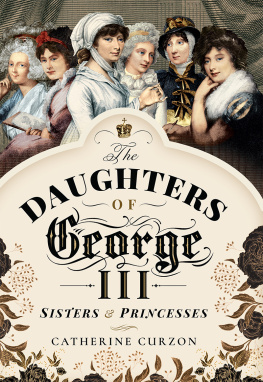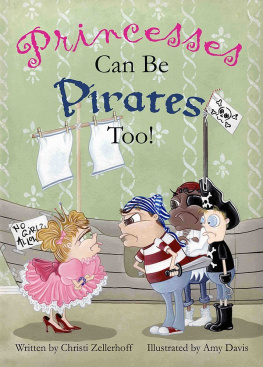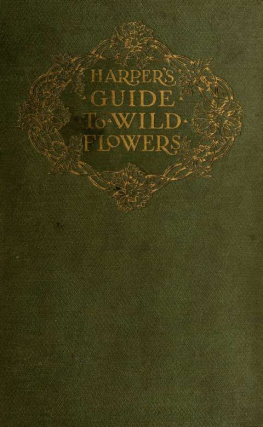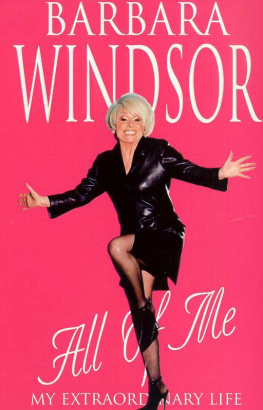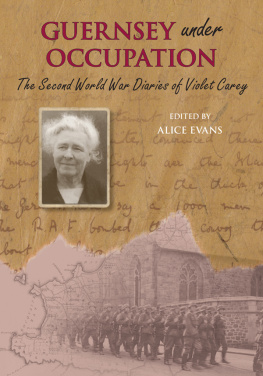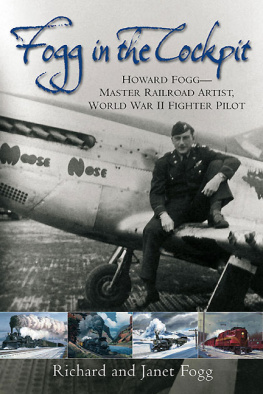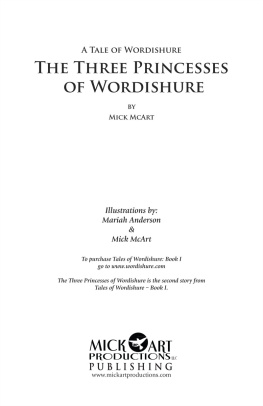Alathea Fitzalan Howard - The Windsor Diaries: A Childhood with the Princesses
Here you can read online Alathea Fitzalan Howard - The Windsor Diaries: A Childhood with the Princesses full text of the book (entire story) in english for free. Download pdf and epub, get meaning, cover and reviews about this ebook. year: 2021, publisher: Atria Books, genre: Non-fiction. Description of the work, (preface) as well as reviews are available. Best literature library LitArk.com created for fans of good reading and offers a wide selection of genres:
Romance novel
Science fiction
Adventure
Detective
Science
History
Home and family
Prose
Art
Politics
Computer
Non-fiction
Religion
Business
Children
Humor
Choose a favorite category and find really read worthwhile books. Enjoy immersion in the world of imagination, feel the emotions of the characters or learn something new for yourself, make an fascinating discovery.

- Book:The Windsor Diaries: A Childhood with the Princesses
- Author:
- Publisher:Atria Books
- Genre:
- Year:2021
- Rating:4 / 5
- Favourites:Add to favourites
- Your mark:
- 80
- 1
- 2
- 3
- 4
- 5
The Windsor Diaries: A Childhood with the Princesses: summary, description and annotation
We offer to read an annotation, description, summary or preface (depends on what the author of the book "The Windsor Diaries: A Childhood with the Princesses" wrote himself). If you haven't found the necessary information about the book — write in the comments, we will try to find it.
The Windsor Diaries: A Childhood with the Princesses — read online for free the complete book (whole text) full work
Below is the text of the book, divided by pages. System saving the place of the last page read, allows you to conveniently read the book "The Windsor Diaries: A Childhood with the Princesses" online for free, without having to search again every time where you left off. Put a bookmark, and you can go to the page where you finished reading at any time.
Font size:
Interval:
Bookmark:
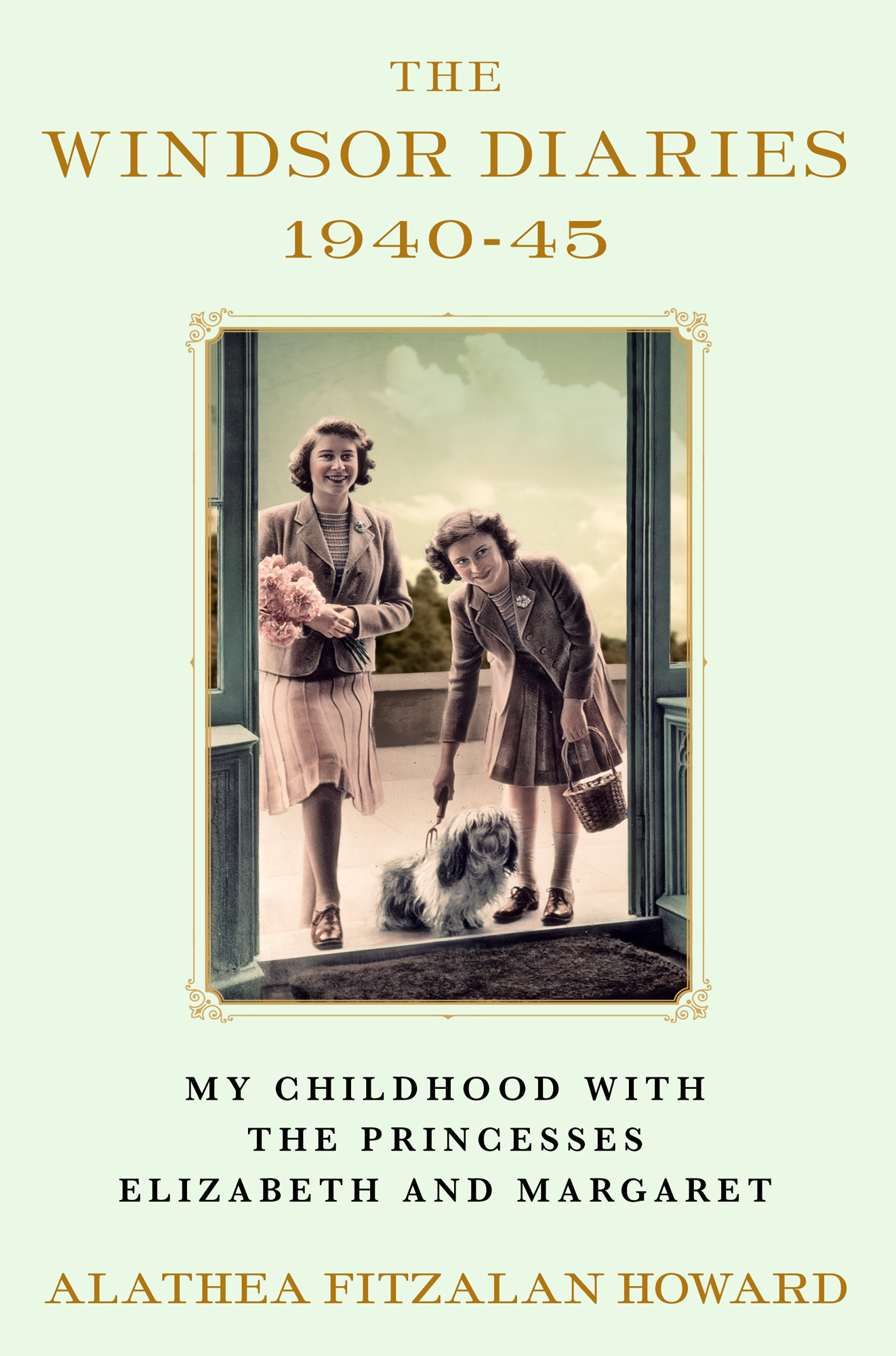
The Windsor Diaries 1940-45
My Childhood with the Princesses Elizabeth and Margaret
Alathea Fitzalan Howard

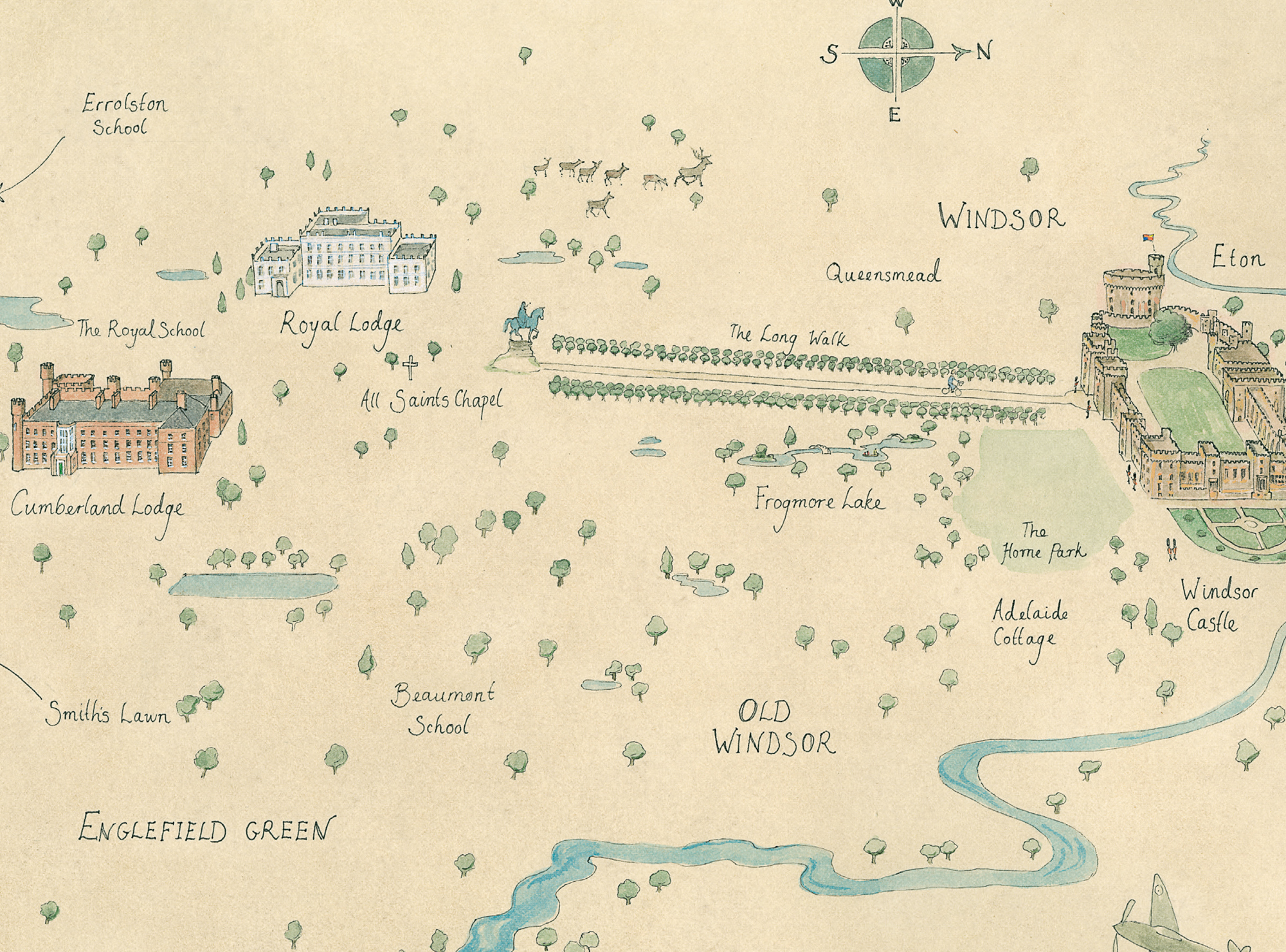
In memory of Alathea
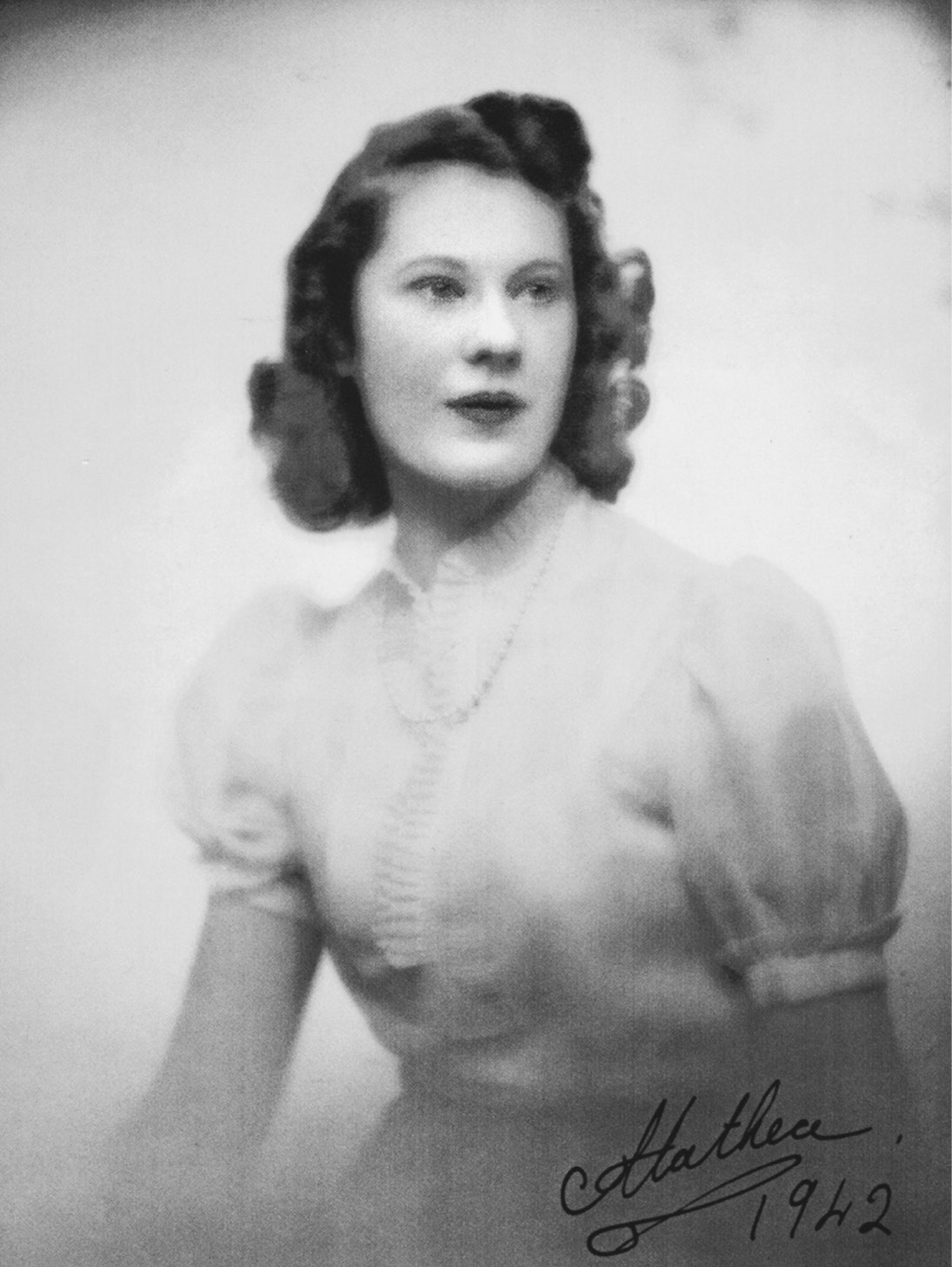
Alathea came into my life in 1975, when I met my husband, Philip. I was seventeen, and she was his maternal aunt, aged forty-two. She was married to the Hon. Edward Ward, younger brother of the Earl of Dudley. To me they seemed, and indeed were, a very old-fashioned couple.
She wasnt physically attractive and had an odd gait, but I liked her immediately, and over time found her beautiful. She was cool and composed, dispassionate, quaint, undemonstrative, generous, quite forthright and loved to laugh, though she wasnt always quite sure how to go about it. She was also kind, impractical and funny, though she didnt always mean to be. I came to adore her. When she died in 2001 she left me her diaries of which there are sixty-four (one per year) and in her words not one days exception from 1940!
It was only when I started to read them that I discovered what sadness she had felt during her life.
Alathea Alys Gwendolen Mary Fitzalan Howard was the elder daughter of the second and last Viscount Fitzalan of Derwent, and of Joyce Langdale, who later became Countess Fitzwilliam. She was born at Norfolk House, Sheffield, on 24 November 1923. Had she been a boy she would have succeeded as Duke of Norfolk, since her fathers first cousin Bernard, the 16th duke, had only daughters. Alatheas mother could not have anticipated at the time the full poignancy of her telegram to her maternal grandparents: Alas, no tassel.
In the event, the title went sideways to her third cousin, Baron Howard of Glossop. In 1956, Alathea writes: Anne, Miless wife, produced a son yesterday, which has caused great excitement in the family, as he will one day be the Duke of Norfolk. And then she adds: I do wish Id been a boy! She would have been Earl Marshal and, as such, played a major role in state occasions after 1975, when he died. Indeed years later in Lausanne, where she eventually lived, watching the State Opening of Parliament, she writes: How busy Id have been.
Her mother sprang from the closely linked world of old Catholic families, such as the Stourtons, premier barons of England. In this she took an intense, though muted pride. Joyce was a woman of style, taste and wit, but had little interest in children and took not the faintest pleasure in their company. She was separated from her husband and moved between Houghton, her family home in Yorkshire, and London.
It wasnt always the case that the diaries would come my way. The only inkling I ever had of Alatheas intention was once when I found her writing in what looked like a journal. When I asked her what she was doing, she replied, You know perfectly well and youll just have to wait!
In 1962 she left them in her will to a friend, writing, I trust her one day to do what she thinks fit with them. Then in 1972 she writes: Sometimes I see them stretching along a long shelf at Arundel So, I felt a little triumphant that they ended up in this house so are now stretching along a long shelf at Milton. In 1974 she considered leaving her jewellery to The Queen, but later had another change of heart. I was quite pleased about that too!
At the beginning of the war Alathea was sent to live with her rather staid, old-fashioned paternal grandfather and maiden aunt Magdalen at Cumberland Lodge in Windsor Park, her mother visiting rarely. Alatheas father, known as Boydey, had been wounded in the First World War and one gets the feeling was very fond of his daughter, but his marriage was troubled and he was ill equipped to deal with a teenager. He spent most of his time in London and came to Cumberland Lodge at weekends. Alathea had one adored younger sister, Elizabeth Anne, whom she seldom saw.
Old Lord Fitzalan, a widower his wife had died in 1938 was a distinguished elder statesman and leading Roman Catholic layman. Cumberland Lodge had been loaned to him for his lifetime as a grace-and-favour house by King George V in 1924. Lord Fitzalan had been the last Viceroy of Ireland, from 1921 until 1922, the first Catholic since the Reformation to hold the post. His family home, Derwent Hall, in Derbyshire, was compulsorily purchased in 1939 and drowned for the creation of Ladybower reservoir, serving Sheffield. He brought many fixtures and fittings from Derwent to Cumberland Lodge, which remain there to this day.
In Helen Hudsons Cumberland Lodge she writes:
The two great passions of Lord Fitzalan were his Church and his politics; in both spheres he wielded influence and his advice was sought by princes and leaders of both Church and state. Rosary was recited each evening at six thirty. Any member of the household could come but the family were expected, even if they were not all as devout as Lord Fitzalan, who said prayers aloud when driving his car.
She also tells this story:
When Lady Fitzalan died, her body awaiting burial was laid in the chapel surrounded by candles, while two nuns kept prayerful watch. It so happens that a burglar chose this night to break into the lodge. Creeping upstairs he saw a dim light through a slightly open door, peeped in and was aghast at the sight that met his eyes; the nuns were hidden from view, and hearing a low voice saying, Come in, he thought the dead had spoken and took to his heels in fright.
Cumberland Lodge had played its part in the Abdication Crisis. Stanley Baldwin, the then prime minister and a friend of Lord Fitzalan, held a meeting there, with the Kings private secretary Alexander Hardinge, among others. The purpose was to impress upon all the extent of the Kings infatuation with Wallis Simpson. All the signatures of those present during the crisis talks are in the visitors book, dated from 16 to 19 October. A month later the King invited Baldwin to Buckingham Palace to express his desire to marry Wallis. After Lord Fitzalan died in 1947, Alathea wrote: I am to have the visitors book, which Im delighted about as it combines many famous people with all my own friends. The first and last signatures in it are those of the King and Queen. In her will she asked for it to be returned to the Lodge. It felt quite an emotional journey for Philip and me to be able to return the book to where it had been all those years ago. The house is now in the hands of St Catharines, an educational foundation.
Alathea spent a great deal of time whirling up and down the Long Walk in Windsor Great Park on her bicycle, past the statue of the Copper Horse to the Castle. In April 1942, the diarist James Lees-Milne, a family friend, during one of his visits to Cumberland Lodge, described her as the Fitzalans pretty granddaughter aged 18, frail and freckled. How pleased she would have been to read that.
Seen through the eyes of a teenager, it was a gloomy household, and because it was wartime, food was often sparse. In his Ancestral Voices, Lees-Milne mentions one luncheon as consisting only of soup padded out with potato. He describes Alatheas father as a tiny rather wizened insignificant man with a wooden leg, which I find puzzling as no one else ever mentions this. Of Magdalen, he says, sad as ever, with heavy folds of tumbling wispy hair, parted in the middle of her head and looped behind somehow. His bedroom was stuffy and old-fashioned, and Mass the following day seemed quite eccentric.
Font size:
Interval:
Bookmark:
Similar books «The Windsor Diaries: A Childhood with the Princesses»
Look at similar books to The Windsor Diaries: A Childhood with the Princesses. We have selected literature similar in name and meaning in the hope of providing readers with more options to find new, interesting, not yet read works.
Discussion, reviews of the book The Windsor Diaries: A Childhood with the Princesses and just readers' own opinions. Leave your comments, write what you think about the work, its meaning or the main characters. Specify what exactly you liked and what you didn't like, and why you think so.


